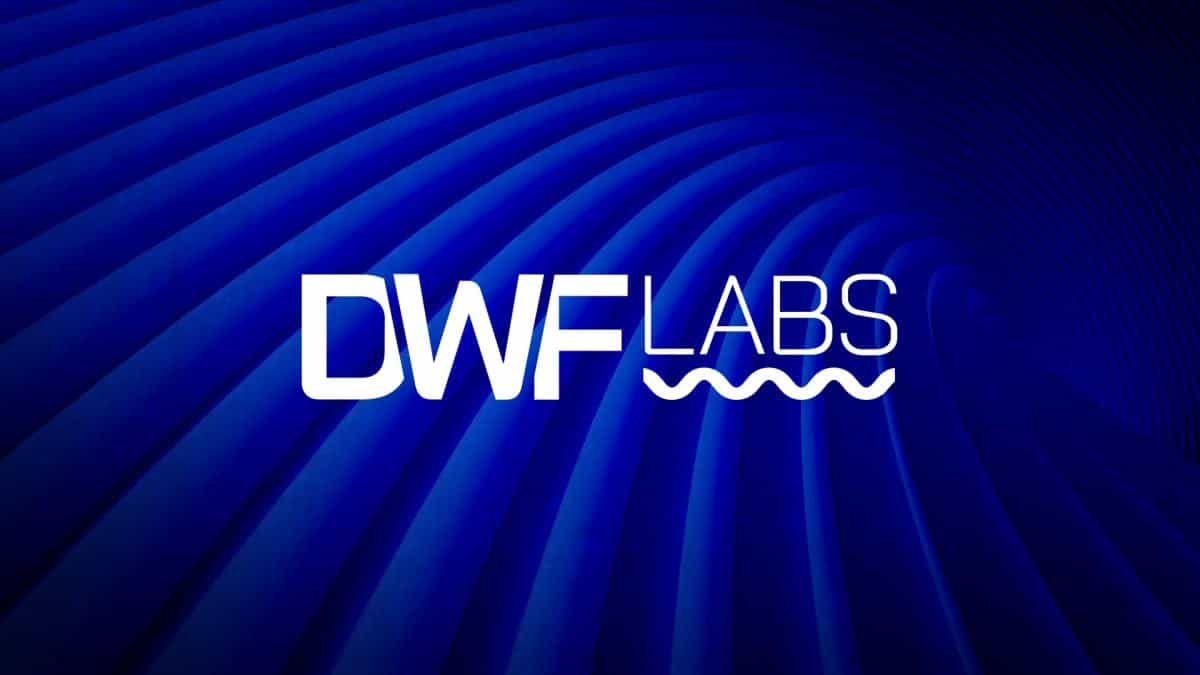What is fungibility and what cryptocurrencies are fully fungible?


Fungibility is a term that is often used in the world of finance and economics. It refers to the ability of an asset or commodity to be interchangeable with other assets or commodities of the same type and value.
In the world of cryptocurrencies, fungibility is an important concept that can be used to categorize some tokens from others. In this article, we will explore the concept of fungibility in more detail and discuss which cryptocurrencies are fully fungible.
The basics of fungibility
Fungibility refers to the property of a good or commodity whose individual units are essentially interchangeable and indistinguishable from each other.
For instance, one gold bar of a specific weight and purity is considered equal to another gold bar of the same weight and purity. The same principle applies to fiat currencies, where one unit of currency, say a dollar, has the same value as another dollar.
In the context of cryptocurrencies, most of them are considered fungible. This means that each individual unit or token of a specific cryptocurrency is identical to every other unit or token of the same cryptocurrency. For example, one Bitcoin is fundamentally the same as another Bitcoin. They are part of the same blockchain network, have the same underlying technology, and perform the same functions.
It's important to note that while cryptocurrencies are fungible, they also possess a unique property of traceability. This means that the transaction history of each crypto token can be traced back through the blockchain. This doesn't affect the fungibility of the cryptocurrency, but it could potentially influence its acceptance if certain tokens were previously involved in illicit activities.
Differentiating fungible and non-fungible tokens
Unlike fungible tokens, non-fungible tokens (NFTs) are unique and non-divisible, representing a specific, non-replicable item. They cannot be directly replaced by any other token, making them distinct and valuable.
The uniqueness of NFTs is drawn from the data they link to, which can range from academic titles to artworks. They use blockchain technology to prove a connection to these unique digital items.
The rise of NFTs in recent years, particularly in the art and gaming industries, shows the vast potential of blockchain technology in tokenizing ownership and property in the digital space. However, it's crucial to understand that the value of NFTs is largely driven by demand and people's interest in them, making them a volatile investment option.
While both fungible and non-fungible tokens have their distinct uses and benefits, it is important for individuals venturing into the crypto world to understand these differences. This knowledge will aid in making informed decisions about investing and participating in the digital asset space.
Disclaimer: This article was produced with the assistance of OpenAI’s ChatGPT 3.5/4 and reviewed and edited by our editorial team.
© 2023 The Block. All Rights Reserved. This article is provided for informational purposes only. It is not offered or intended to be used as legal, tax, investment, financial, or other advice.



